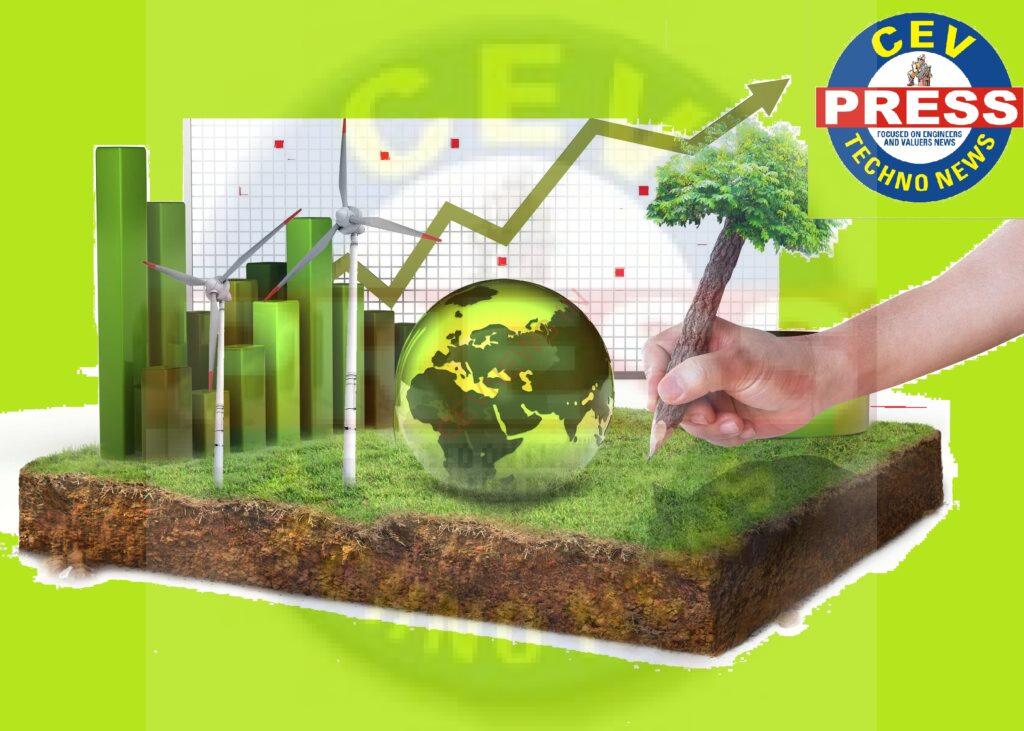ENVIRONMENTAL SUSTAINABILITY AND ITS INFLUENCE ON YEARS PURCHASE IN REAL ESTATE
In recent years, the real estate industry has witnessed a significant shift towards prioritizing environmental sustainability. This shift is not only driven by the growing awareness of climate change and environmental degradation but also by the realization of the tangible benefits that sustainable practices bring to the industry, particularly in terms of long-term value and market competitiveness.
Key Points:
- Rising Awareness and Concerns:
- There’s a growing awareness among consumers, investors, and policymakers regarding the impact of real estate on the environment.
- Concerns over climate change, resource depletion, and pollution have prompted a reevaluation of traditional real estate practices.
- Regulatory Pressures:
- Governments worldwide are implementing stricter environmental regulations and building codes to promote sustainability in the real estate sector.
- Compliance with these regulations has become essential for real estate developers and investors to avoid penalties and maintain market relevance.
- Market Demand for Sustainable Properties:
- There’s a noticeable shift in consumer preferences towards eco-friendly and energy-efficient properties.
- Sustainable buildings not only offer reduced environmental footprints but also provide occupants with healthier and more comfortable living or working spaces.
- Financial Benefits:
- Environmental sustainability is increasingly recognized as a factor that enhances property value and market competitiveness.
- Sustainable buildings tend to have lower operational costs due to energy and resource efficiency, thereby offering better returns on investment over the long term.
- Risk Mitigation:
- Investing in environmentally sustainable real estate mitigates risks associated with regulatory changes, resource scarcity, and climate-related events.
- Sustainable properties are often more resilient to natural disasters and market fluctuations, providing a stable income stream for investors.
- Influence on Years Purchase:
- Environmental sustainability directly influences the decision-making process of buyers and investors when considering long-term property purchases.
- Properties with high sustainability ratings or green certifications tend to command higher prices and attract more interest from potential buyers, thereby reducing the time taken for a property to be sold.
- Emergence of Green Financing:
- Technological Innovations:
- Advancements in technology, such as smart building systems and renewable energy solutions, are making it easier and more cost-effective to implement sustainable practices in real estate development.
- These innovations not only reduce environmental impacts but also enhance the efficiency and performance of buildings, further contributing to their long-term value.
Environmental sustainability has become a crucial factor shaping the future of the real estate industry. From regulatory compliance to market demand and financial considerations, sustainability influences every aspect of real estate development and investment. Embracing sustainable practices not only benefits the environment but also enhances property value, market competitiveness, and long-term profitability. As such, integrating environmental sustainability into real estate projects is no longer just a choice but a necessity for ensuring resilience and success in the years to come.



